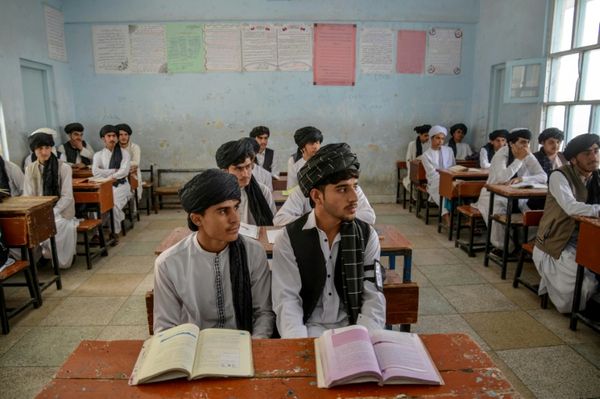
El Salvador has passed sweeping cybersecurity and "data protection" laws that human rights advocates warn could undermine media freedom and privacy rights.
"These new laws could be used to delete online publications that are critical of the government under the guise of data protection," said Juanita Goebertus, Americas director at Human Rights Watch, in a press release issued last week. "This is a recipe for censorship and opacity."
Approved on November 12 by the Legislative Assembly, the new measures consist of 32 articles aimed at regulating El Salvador's data and information systems. The core change is the creation of the State Cybersecurity Agency, which will oversee cybersecurity policies, manage cyberthreats, and enforce data protection regulations. The agency will be led by a presidential appointee serving a three-year term—a setup centralizes significant power in the executive branch.
One of the most controversial changes is the introduction of a "right to be forgotten." This provision grants individuals the ability to request the removal of online information if it is deemed "inadequate, inaccurate, irrelevant, outdated, or excessive."
While the law includes exceptions for preserving information related to "the right to free expression, information and the press," these exceptions hinge on the data being "precise." That means that even within these exceptions, personal information must not be inaccurate, incomplete, or outdated to remain online. Media outlets and search engines that fail to comply could face substantial fines.
"This requirement could allow the government to pressure media outlets to delete information of public interest about officials or their allies by claiming the information is inaccurate or incomplete," Human Rights Watch noted.
The Organization of American States has also criticized the "right to be forgotten" provision, pointing out that removing online content interferes with individual expression and public access to information.
"In El Salvador's existing context of opacity and harassment of independent journalists and civil society organizations, there is a serious risk these laws could be weaponized to threaten, silence, or hinder freedom of expression and information," Goebertus said in the press release.
Under President Nayib Bukele, journalists and media outlets have faced ongoing harassment, intimidation, and surveillance, according to the Committee to Protect Journalists. Critics of the Bukele government have often been targeted with baseless accusations of corruption or money laundering. El Faro, a leading investigative outlet critical of the administration, saw its editors forced into exile following state-sponsored harassment and surveillance.
Supporters of the legislation argue that the laws are a necessary step toward modernizing El Salvador's digital infrastructure. But in a country where the government already wields significant power over public discourse, it looks more like a recipe for abuse.
The post El Salvador's New Cybersecurity Laws Raise Concerns Over Media Freedom appeared first on Reason.com.







